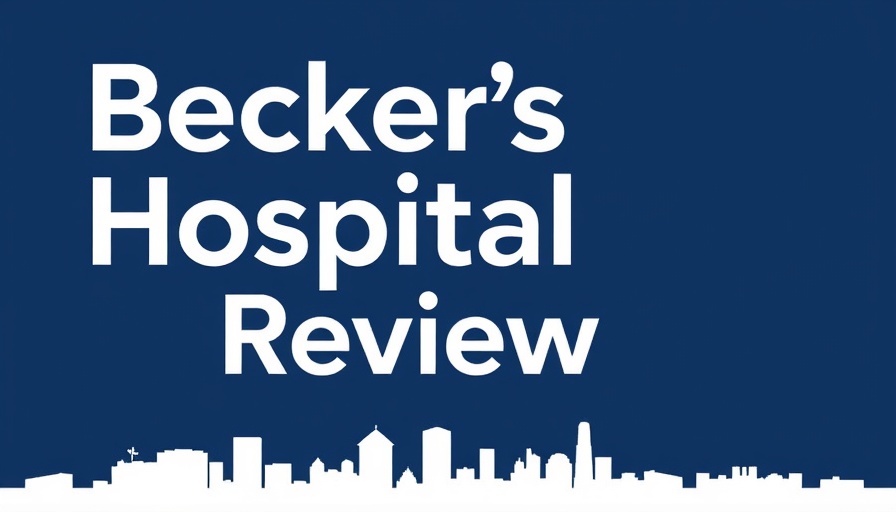
Understanding the Investigation into Michigan's Healthcare System
The U.S. Department of Health and Human Services (HHS) is currently investigating a large healthcare system in Michigan based on allegations of religious discrimination. This inquiry, initiated by HHS’ Office for Civil Rights, is significant, as it marks a broader federal effort to ensure compliance with conscience protection laws known as the Church Amendments. These regulations are designed to safeguard healthcare workers' rights to practice according to their moral and religious beliefs without facing discrimination.
The Allegations Behind the Investigation
The sharp focus of this investigation stems from an allegation that a medical professional was terminated after requesting accommodations linked to their religious beliefs. Specifically, the issues arose concerning the use of patient pronouns and participation in gender-affirming care procedures. Such requests are debated within medical communities and may lead to clashes between patient care principles and individual religious beliefs.
The Broader Context: Federal Conscience Laws
This investigation is not an isolated case but a part of a series of actions taken during President Trump’s administration aimed at reinforcing conscience and religious nondiscrimination protections. These initiatives reflect an evolving dialogue in healthcare regarding how to balance patient rights with healthcare professionals' beliefs—an increasingly pertinent issue amid expanding discussions about gender identity in the medical field.
The Implications for Healthcare Professionals
With healthcare practices navigating these sensitive waters, the implications are profound for healthcare professionals, especially those in direct patient care roles. Independent practitioners, nurse practitioners, and physician assistants may find themselves at the crossroads of ethical dilemmas, prompting them to consider their healthcare compliance mechanisms carefully. Striking the right balance between providing patient-centered care and respecting personal beliefs is essential for maintaining morale and operational efficiency.
Fostering a Supportive Work Environment
Healthcare organizations have a responsibility not only to comply with laws but to foster a culture of understanding and respect among diverse staff backgrounds. Engagement tools and workplace wellness programs can promote a community where both healthcare workers' and patients' needs are met. The use of employee health benefits that include options for mental health support, training in diversity sensitivity, and effective communication can significantly enhance workplace harmony.
The Future of Healthcare Compliance
Going forward, healthcare systems must prepare for potential changes and challenges in compliance and regulatory standards. Transitioning into advanced healthcare automation tools and incorporating AI phone agents for administrative processes can make significant strides in enhancing practice efficiency. These innovations serve not only to streamline operations but can also assure that healthcare professionals spend more time with patients while navigating compliance issues effectively.
Conclusion: A Call to Action for Healthcare Providers
The ongoing investigation into the Michigan healthcare system serves as a critical reminder for all healthcare providers. It's imperative to deeply understand and adapt to the evolving landscape of healthcare compliance, religious freedoms, and patient rights. As practitioners, consider implementing proactive strategies and utilizing healthcare automation tools to optimize practice efficiency and ensure clear pathways for addressing employee concerns. Embrace the challenge to create supportive, compliant, and thriving medical environments.
 Add Row
Add Row  Add
Add 




Write A Comment